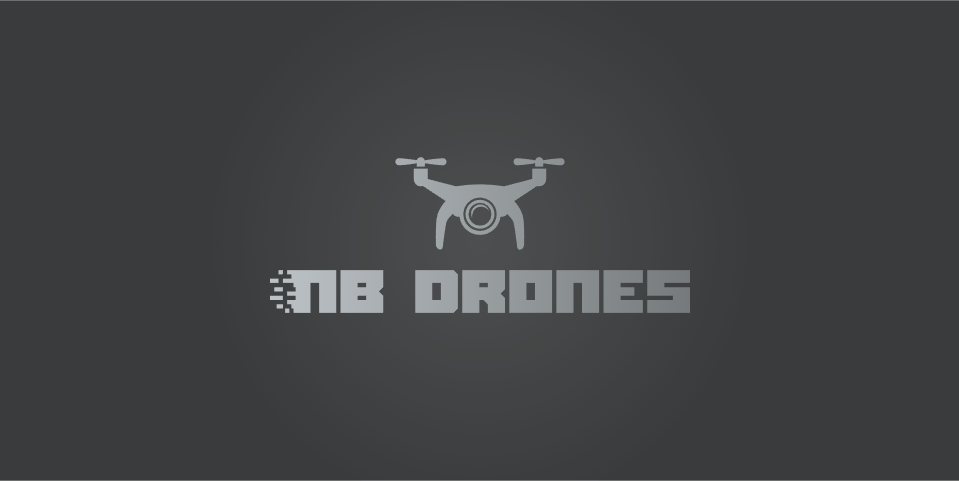Frequently Asked Questions
There are various types of drones available, each designed for specific purposes.
- Camera Drones: These drones are equipped with high-quality cameras and are commonly used for aerial photography and videography.
- FPV Racing Drones: Built for speed and agility, these drones are used in competitive racing events where pilots navigate through obstacle courses.
- Commercial Drones: These drones are used for various commercial applications such as surveying, inspections, delivery services, and more.
- Toy Drones: Designed for recreational purposes, these drones are often smaller and easier to fly, suitable for beginners and younger enthusiasts.
- Fixed-Wing Drones: Unlike quadcopters, fixed-wing drones have a winged structure similar to traditional airplanes, allowing for longer flight durations and efficient coverage of large areas.
The choice of drone depends on your specific needs and intended use.
Yes, there are restrictions on drone flight to ensure safety and privacy.
- No-fly Zones: Certain areas such as airports, military installations, and government facilities are designated as no-fly zones, and drone operations are strictly prohibited.
- Altitude Limits: Aviation authorities often impose altitude limits for drone flights to avoid interference with manned aircraft.
- Privacy Considerations: It is important to respect privacy laws and not infringe on other people's privacy while flying drones.
- Operational Rules: Different countries have specific operational rules for drones, such as maintaining visual line of sight, avoiding crowded areas, and not flying over people or vehicles.
It is essential to familiarize yourself with the local regulations and adhere to them to ensure safe and responsible drone operation.
To ensure safe drone operations, consider the following precautions.
- Fly in Open Spaces: Choose open areas away from people, buildings, and obstacles to minimize the risk of accidents.
- Check Weather Conditions: Avoid flying in adverse weather conditions such as high winds, rain, or fog, as they can affect drone stability and control.
- Maintain Visual Line of Sight: Always keep the drone within your visual range to maintain control and avoid collisions.
- Keep Battery Safety in Mind: Regularly check the battery level, follow proper charging guidelines, and carry spare batteries if necessary.
- Respect Privacy: Do not record or invade the privacy of others without their consent. Be mindful of the areas you fly and respect people's personal space.
Following these safety precautions will help ensure a safe and enjoyable drone flying experience.
The rates for the services provided by NB Drones may vary depending on the specific project requirements, scope of work, and other factors. It is best to contact NB Drones directly to discuss your project and receive a personalized quotation. The team at NB Drones is dedicated to providing transparent and competitive pricing tailored to the individual needs of each client.
